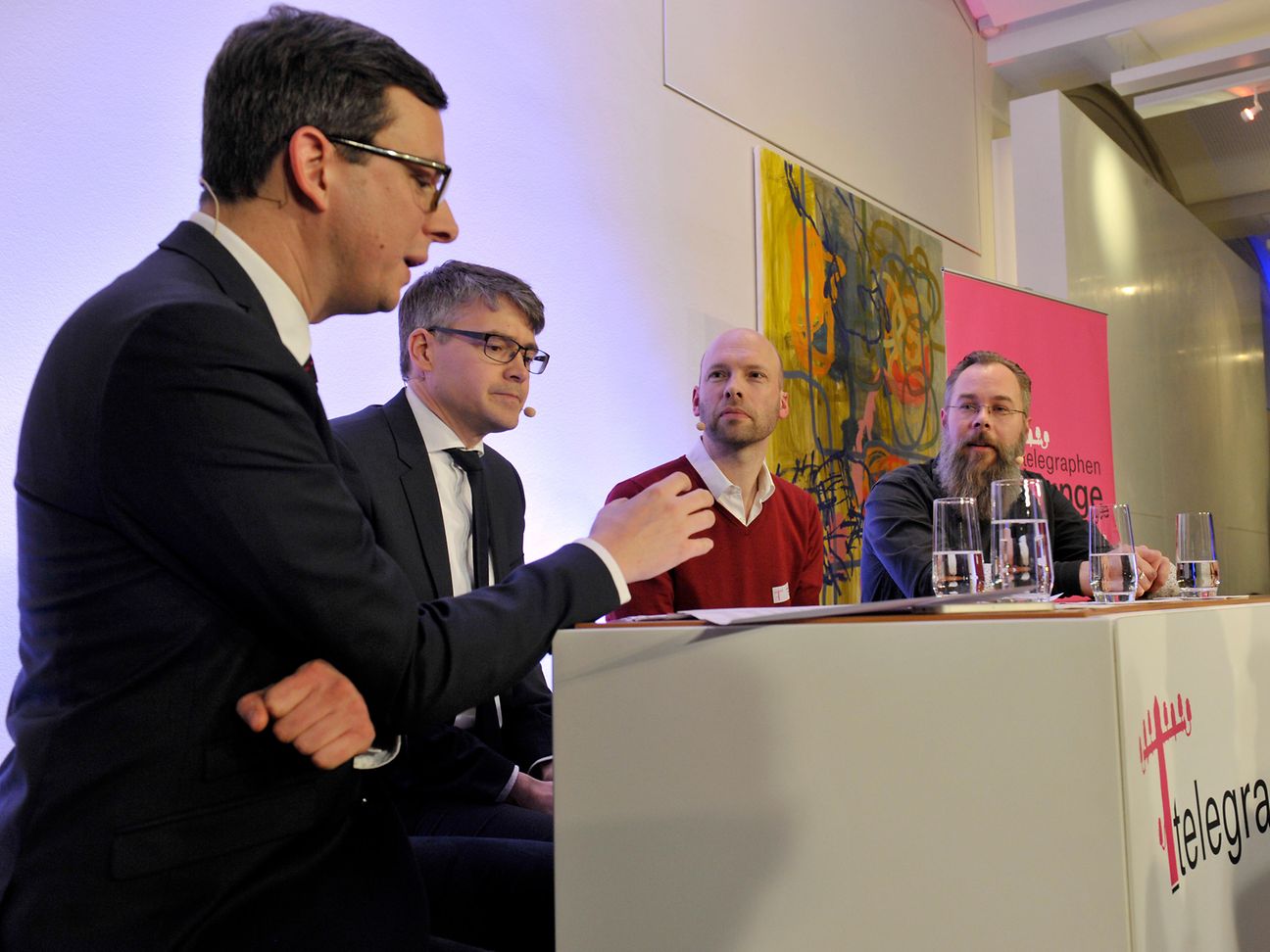

Fake News? Civilization is not necessarily doomed…
Federal elections will be held in Germany in September – will the victorious political party be the one that leverages social media optimally, or relies on analytic models like Cambridge Analytica?
After witnessing the elections in the USA, people in Germany are also talking about the impact of digitization on political communication, and these discussions are quite emotional at times. Messages, both true and false, can be aimed at and distributed to the masses automatically and directly, without any filtering mechanism in between. And these messages can be passed from one recipient to the next (for example, through "retweeting," etc.). This is how opinions are being formed today. But will the German election be influenced by digital media to the same degree as was the political process in the USA? We wanted to know if bots, big data and fake news will determine who will govern the country over the next four years. Or is the situation in Germany different because of the nation's data protection and security laws, plus the reticence and caution exercised by political parties when it comes to digitization as a campaign tool? That's why we invited some experts to our "telegraphen_lounge zur Digitalpolitik 2017" to give us their differing views on the current political situation and the role played by digital technology. Dr. Stefan Hennewig is responsible for marketing matters for the CDU. His main focus is on digital campaigns and community opportunities for political communication. Christian Meier is a media editor at the Welt N24 news organization. His main interest is covering the media and the changes due to the Internet. Klas Roggenkamp is the third member of our panel. He is the Senior Director Digital at Burson Marsteller and advises political parties when it comes to their online strategies. Roggenkamp is also the founder of "wahl.de."
"We should not view fake news as the end of culture and civilization as we know it," said Dr. Stefan Hennewig to start off the discussion. Christian Meier also sees no reason for people to become hysterical about this development. The media in general must first come to grips with the fake news phenomenon and find ways to cope with it. Media representatives are perfectly capable of doing this. According to Meier, the media must carefully choose the subjects it wants to cover and report about. Nothing has changed on that point. However, new channels have appeared, and the news business has become extremely dynamic. Most importantly, the media bears a lot of responsibility during an election: "We don't have to report about everything that Donald Trump says and does," said Christian Meier.
What's more, many experts believe that fake news is really nothing new. There have always been false stories and reports in the media landscape. A member of the panel's audience drew attention to Mathias Döpfner's conversation with Burda CEO Paul-Bernhard Kallen by saying: "From the beginning of journalism itself, there has always been fake news." However, this trend is spreading at an incredible pace.
Social bots are not new either, according to Klas Roggenkamp. Automated communication has been around for some time now – newsletters are a typical example. "Automated communication through bots is not necessarily a bad thing," said Roggenkamp. "The technology offers us many opportunities – there is no need to spread fear about this form of communication." Stefan Hennewig noted that the matter only becomes a problem "when the social bot spreads fake news."
One way to simplify the detection of social bots would be the allocation of IDs, said one of the panel's listeners. The experts, however, said this would be problematic. The German parliament can decide to do whatever it wants in response to social bots. This would have no impact on Russian bots, for example. Furthermore, the real responsibility for this phenomenon lies with the providers of social media platforms. And that would involve the regulation of Facebook and Twitter. Still, Hennewig believes that such regulation would do some good: "This would be especially relevant for platforms that want to earn money." Roggenkamp, on the other hand, says that mandatory identification for bots would be impossible to implement. Required use of real names would do nothing to stop hate speech. However, ensuring well-founded media competence throughout the landscape could have a positive effect. "Society needs to know how to handle fake news," says Roggenkamp with conviction. Otherwise we will all be playing cat and mouse.
The experts do not expect the political parties to come up with a big bag of digital tricks during the upcoming campaign. Intentional planting of fake news stories would not benefit any party. "Most people recognize propaganda on the Internet when they see it," said Meier. That creates a bad impression. "Fake news is a problem for political parties, rather than a problem in the parties themselves," added Hennewig. The job of the parties in the federal election is to establish direct dialog and gather information, according to Roggenkamp.
This year's campaign will be exciting – more so than usual – because digitization will have a stronger impact on political communication than ever before. Politicians and parties will take advantage of social media. Whether or not they use it to the extent known in the USA remains to be seen. In short, the expert panel sees no reason for panic, but people should be critical and carefully analyze the messages and news they receive through the media.

